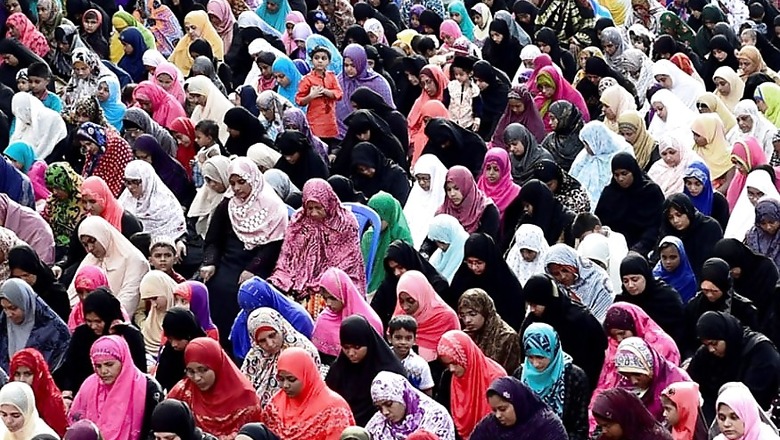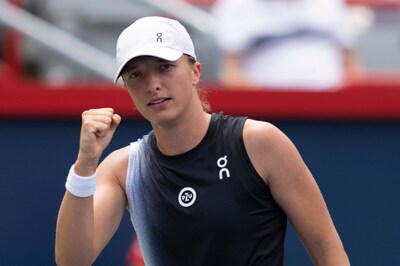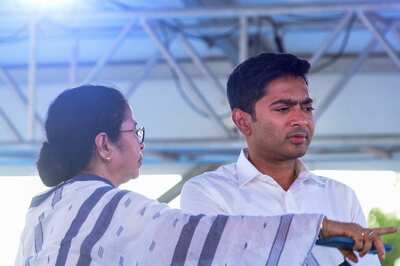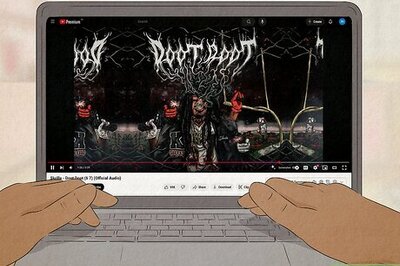
views
New Delhi: As the Supreme Court gears up to hear a batch of petitions challenging Nikah Halala, the All India Muslim Personal Law Board (AIMPLB) has drawn the perfect defence, saying the practice “cannot be challenged since it is Quranic”.
The board held its review meeting in New Delhi on Sunday where issues pertaining to the community were discussed at length among all 40 leading members.
AIMPLB secretary and legal counsel Zafaryab Jilani told News18 after the meeting that “Nikah Halala cannot be challenged”. “Nikah Halala is a practice where you cannot marry your wife again after divorce unless she marries and consummates the marriage with someone else. It is a must that the wife is divorced again. This is as per the Quran and the board cannot have a different opinion,” said Jilani.
However, responding to a question on several Nikah Halala rackets being run for money and the exploitation of women, Jilani added that a “Nikah with an intention to have Halala is not valid” and the “culprits should be arrested as per law”.
The board also decided that Shariat courts will be opened across 10 cities in India, with the inauguration of the first scheduled in Surat on July 22. Maharashtra will get a Darul Qaza in Mhearaj by September 9 and another by the end of November.
Darul Qaza centres traditionally deal with matters allowed under The Muslim Personal Law (Shariat) Application Act, 1937. Individuals could bring matrimonial and property disputes before such centres. At present, their scope is limited to seminaries.
Shariah refers to Islamic law based on the Quran and the teachings of Prophet Mohammed, known as Ahadith.
“There is no question of Shariat courts being unconstitutional. The apex court has itself ruled that Shariat courts are not parallel to the Indian courts established as per the constitution, and hence there is no question of it being illegal,” said Jilani.
The board members also discussed the Ayodhya-Babri Masjid case and decided that their legal counsel, senior advocate Rajeev Dhawan, will argue for the matter to be referred to a larger bench and till then, the arguments on the main appeal would not begin.
The Supreme Court is expected to hear the case of Halala and polygamy from July 20.


















Comments
0 comment